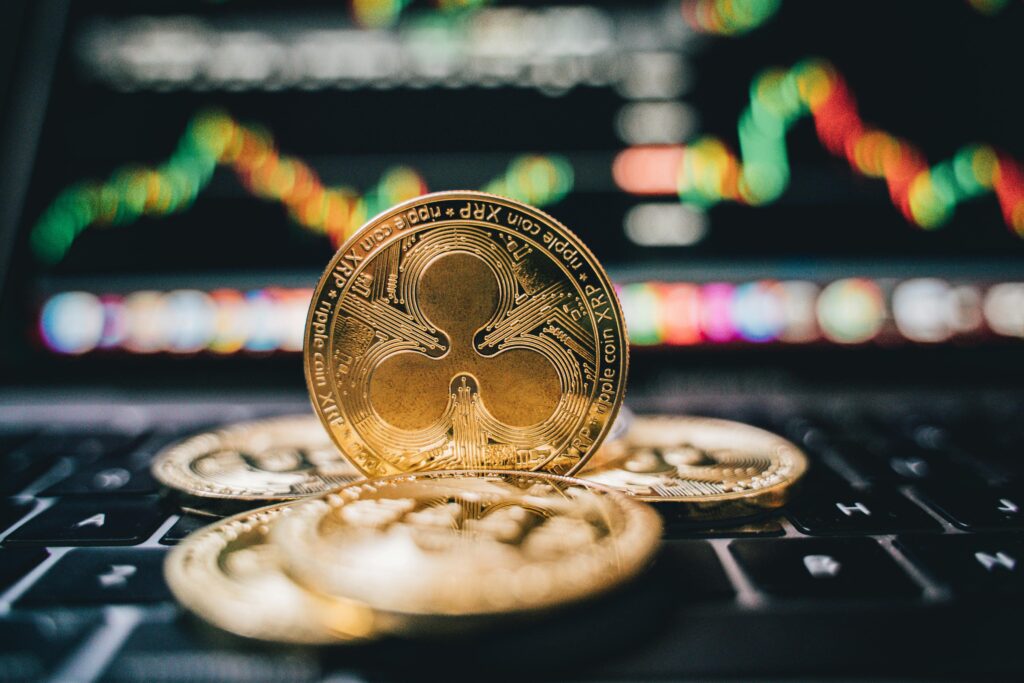Where to Buy XRP: Choosing a Trusted Exchange
Before you can invest in XRP, you’ll need to select a reliable cryptocurrency exchange. Some of the most popular exchanges for purchasing XRP include:
- Coinbase: A beginner-friendly platform that offers an easy way to buy and store XRP.
- Binance: A global exchange with low fees and a wide variety of cryptocurrencies.
- Kraken: Known for its security features and robust trading options.
- Gemini: A regulated exchange that offers XRP and many other cryptocurrencies.
When choosing an exchange, make sure to verify that it supports XRP and offers the payment methods you prefer, such as bank transfers, credit/debit cards, or even PayPal.
Setting Up an Account and Verifying Your Identity
After selecting an exchange, the next step is to create an account. This process typically requires submitting your personal information and going through an identity verification process (known as KYC—Know Your Customer). Verification usually involves providing a government-issued ID and proof of address.
Once your account is verified, you can deposit funds into your exchange wallet using your preferred payment method. Many exchanges accept traditional currencies like USD, EUR, and GBP for purchasing XRP.
Buying XRP: Market Orders vs. Limit Orders

When you’re ready to buy XRP, you’ll have the option to place a market order or a limit order. A market order allows you to buy XRP at the current price, while a limit order lets you set a specific price at which you’re willing to buy XRP.
Make sure to check the transaction fees before placing an order, as they can vary between exchanges. Some platforms charge higher fees for credit card payments, while others may offer lower fees for bank transfers.
Securing Your XRP: Best Practices for Safe Storage
What Are XRP Wallets?
Once you’ve purchased XRP, it’s crucial to store it securely in a digital wallet. There are two main types of wallets:
- Hot Wallets: These are wallets connected to the internet, such as Exodus or Toast Wallet. Hot wallets are convenient for frequent transactions but are more vulnerable to hacking.
- Cold Wallets: These are offline wallets, like Ledger or Trezor, that offer a higher level of security by keeping your private keys offline.
For those who plan to hold XRP for the long term, cold wallets are the safest option, as they provide an extra layer of protection from online threats.
Storing XRP in Cold Storage
Cold storage is the most secure way to store your XRP. Hardware wallets like Ledger Nano X and Trezor Model T allow you to store your private keys offline, making it nearly impossible for hackers to steal your XRP.
For users who need quick access to their XRP for trading or transfers, hot wallets are a suitable option. However, for long-term investors, cold storage provides peace of mind and ensures that your XRP remains safe from potential threats.